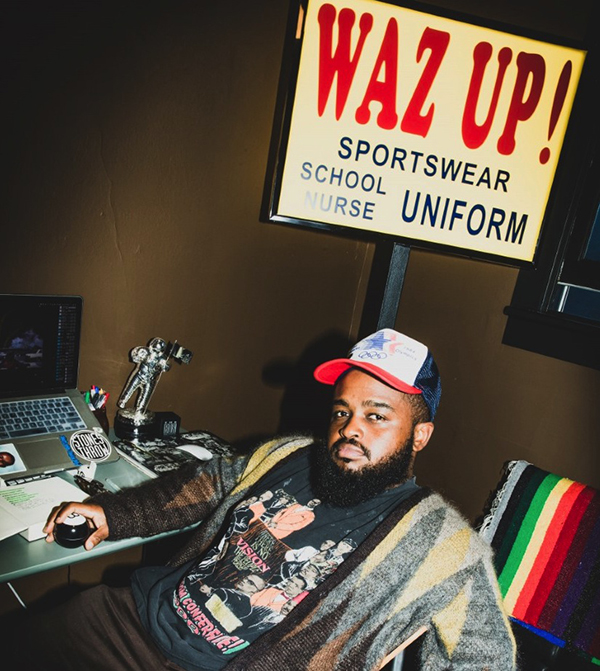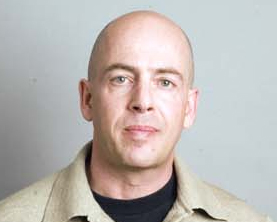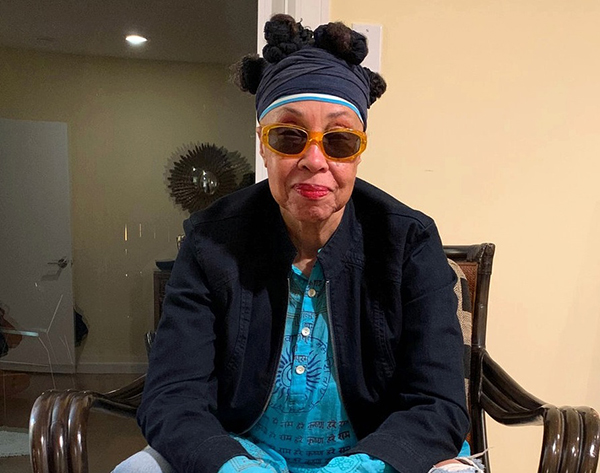Jazz trumpeter honors Jackie Robinson with suite at Hammer Museum

LOS ANGELES — Bobby Bradford has spent nearly a century perfecting his craft.
A renowned trumpeter, cornetist, bandleader and composer, Bradford continues to inspire and influence the jazz community as a musician, composer and educator.
Now 91, Bradford will lead a septet at 8 p.m. Aug. 14 at the Hammer Museum,’s jazz series, JazzPOP2025, performing his suite “Stealin’ Home: A Tribute to Jackie Robinson.”
The event celebrates the life and legacy of the baseball legend who broke the sport’s color barrier in 1947.
The performance will feature Bradford on cornet, accompanied by Vinny Golia on alto and baritone saxophones, Chuck Manning on tenor saxophone, William Roper on tuba, spoken word and euphonium, Don Preston on piano and gong, Henry Franklin on bass, and Tina Raymond on drums.
Bradford, whose career spans the better part of a century, lost his home in the Eaton fire in January. Despite the setback, he remains committed to his music and his upcoming performance at the Hammer Museum.
I recently spoke to Bradford about his career and the upcoming Hammer Museum jazz series.
DD: How long have you been a musician?
BB: I started taking piano in Mississippi when I was a kid. It cost 25 cents a lesson. It was a 20-25 minute lesson. My mom would put a quarter in an envelope and pin it to my jacket. My mom told me I was going to take lessons. She said I had a good ear for music.
DD: Your “Stealin’ Home” suite is a powerful tribute to Jackie Robinson. Why him?
BB: The guy who had the idea for it was Terry Cannon, a white guy who was a librarian in Pasadena. He was a baseball fan and a lover of jazz music. In 2019, he noted that it was the centennial of Jackie Robinson’s birth. He asked if we were doing anything for it. Jackie lived [in Pasadena], and went to school there. Are you going to let his birthday go by?’ He said he was going to do something. He said he’d like me to write some original music. I told him I wasn’t going to write something like “Take Me Out to the Ballgame.” He said he wanted me to write songs for a concert.
DD: Talk about some of the pieces in the suite.
BB: When a bus driver asked him to get up and give his seat to a white woman, he decided not to and got arrested. I addressed it. The song is “Lieutenant Jackie.” Then, another part of his life came when he was brought up to play in the major leagues. That song is called “Up From the Minors.” He was at bat one day and went “0 for 3”. Even though he was 0 for 3, he scored the winning run in that game. Another piece is called “Stealin’ Home.” It’s a 12-bar blues. I turned it into a 32-bar song.
“High and Inside” is another song. It was when one of the white pitchers tried to deny him access. One of the white pitchers said Jackie can’t hit high and inside. They were talking about his inability to play. They didn’t want this Black boy out there playing. The Black writers said, “if that’s the case, then why not always pitch High and Inside.”
DD: Your thoughts on Robinson?
BB: Jackie Robinson was an American hero. He was my hero. I have written a suite with little vignettes addressed to Jackie. He was an activist. He was an officer in the military. He was a good soldier. A good American. He had some bad experiences in the Army. About 10 years before Rosa Parks, a bus driver asked him to move to the back of the bus. Jackie said, “Oh, no, I’m not going to do it.” He was court-martialed for not moving his seat. Eventually, he was found not guilty. Throughout his life, he remained on the front line, even when it was scary.
DD: Where do you think he got the strength?
BB: I think about that all the time. In the midst of it all is the Lord.
DD: You have earned a reputation as a master musician. Did you have a mentor when you were coming up? Who did you look to for music you appreciated?
BB: Charlie Parker, Dizzy Gillespie, Thelonious Monk and Miles Davis. Beboppers. It had a feel of a new awakening. They set forth a new image. They dressed a certain way. They were serious. I was 13 or 14. I started wearing a beret like Gillespie, along with some Ray-Bans.
DD: Talk about the show.
BB: The audience can expect to hear the suite and to see high-level performers. All these guys are masters and master improvisers. Every time we play, it’s different. We improvise.
DD: Are you a music snob?
BB: No. A snob would be someone who didn’t like music because it didn’t live up to their expectations. I love all kinds of music — western, classical, anything that is played well.
DD: How does music make you feel?
BB: Music is a wonderful experience — even if you don’t play an instrument. I sang in the choir, which I enjoyed. It’s not some magic. When you’re good at it, it’s a pleasure. Musicians get off on that when an audience likes it.
DD: I was sorry to hear you lost your home in the Eaton fire. I understand you and your wife, Lisa, escaped with only the clothes on your backs. You lost your instruments and countless other items of personal and historical significance. What did you do? Are you still living in the area?
BB: Yes, we are still in Pasadena. We stayed with friends, then moved to an Airbnb, followed by a Ramada, and then a tiny apartment.
DD: Given your recent experience losing your home, does music serve as a source of comfort or resilience for you?
BB: Oh, yes. I’m sure it does for everybody else, too. That’s all you have in the quiet of the night. The house burned in Altadena. We are now in the fifth place since the fire. Music is one thing you can hold on to. I had a studio in the back of my house. I would go out at two in the morning and not bother anybody. The first thing I do is go to the music.
Darlene Donloe is a freelance reporter for Wave Newspapers who covers South Los Angeles. She can be reached at ddonloe@gmail.com.





